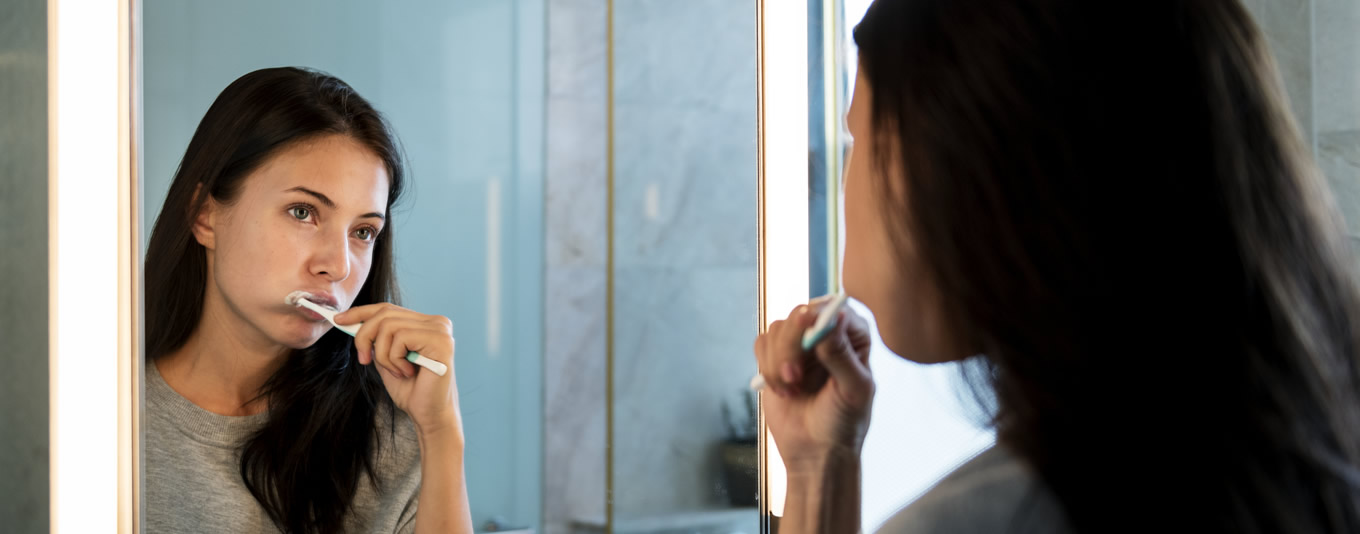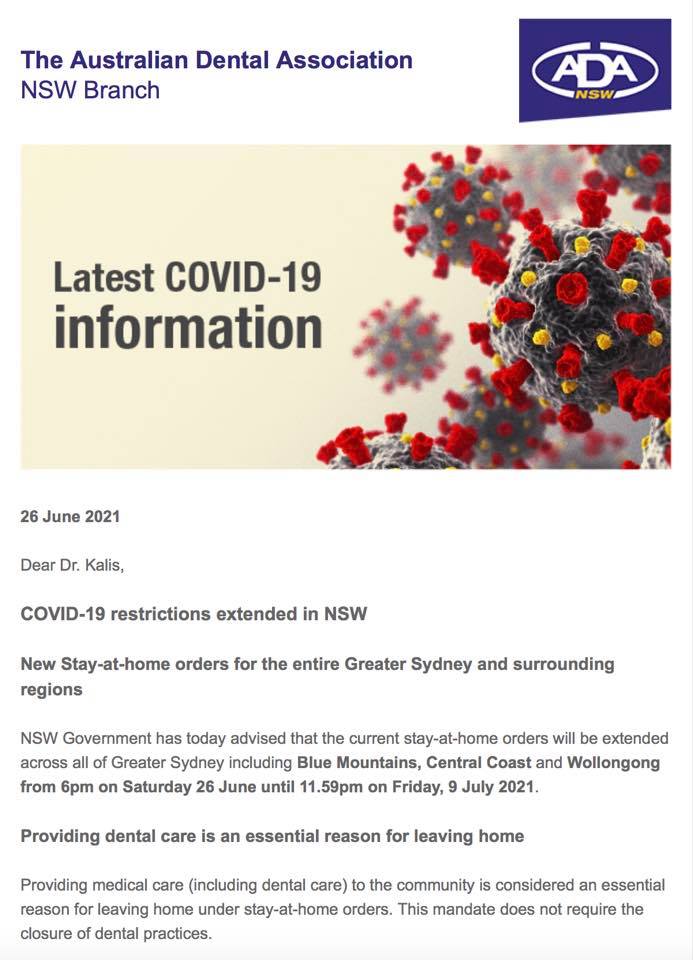
We now offer Access My Super to help you with the early release of superannuation to cover the cost of a variety of dental treatments including orthodontics, implants, crowns, braces and many more.
Can I Access my Super for my Dental Treatment?
Yes, you can access your super for dental treatments. Access My Super can help you or any of your dependants to access your super to fund all your dental treatments.
Cover your Dental Treatment Costs
Access My Super can help you access your super to cover the cost of dental treatments including braces, crowns, general dental, implants, orthodontics and periodontics.
Supportive and Professional Staff
Access My Super's friendly team takes care of the application and lodgement process for you, allowing you to focus on your brand-new smile. Their staff are trained professionals and will not be asking any personal questions other than to understand your financial situation to help you access your superannuation.
Next steps
All you need is a quote from us and then follow up with Access My Super to get the application started.
Check our Payment FAQs for more general info about payment options.
Contact us to arrange a quote or for more information about Access My Super
Check out the Access My Super dental funding web page https://accessmysuper.com.au/dental-funding/.


